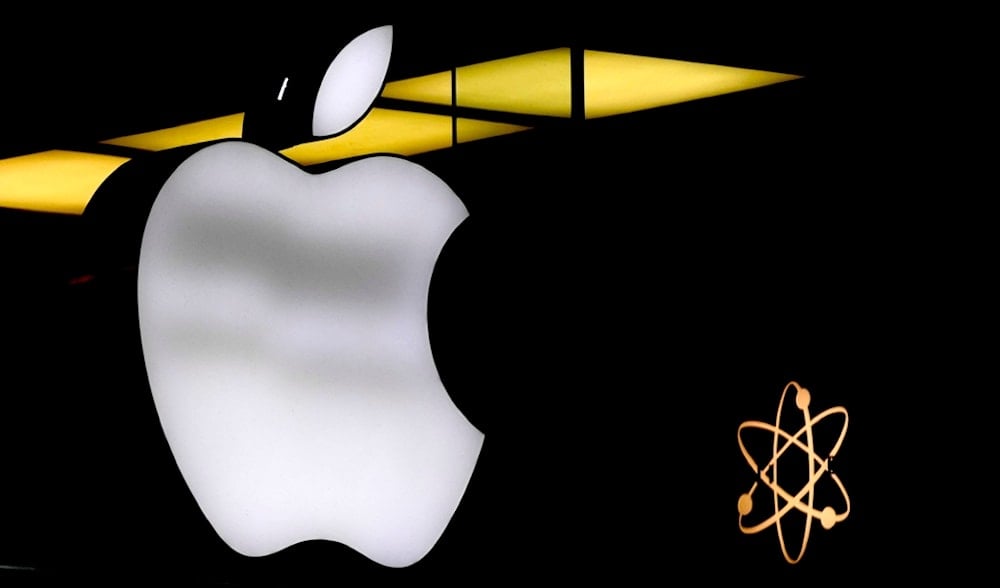Apple appeals EU DMA over interoperability, privacy concerns: Axios
Apple has filed an appeal against the European Commission’s interoperability requirements under the Digital Markets Act, arguing the rules compromise user privacy and innovation in the EU.
-

The Apple logo is illuminated at a store in Munich, Germany, Monday, November 13, 2023. (AP)
Axios has revealed that Apple has officially filed an appeal to the European Commission regarding the Digital Markets Act (DMA), contesting how it must comply with the law’s interoperability requirements, according to a source familiar with the matter. The appeal was submitted before the May 30 deadline.
The Apple DMA appeal reflects the company’s ongoing resistance to the EU’s efforts to open up digital ecosystems, which it argues threaten both intellectual property and user privacy.
The DMA’s interoperability rules are designed to allow external developers and hardware manufacturers to integrate more fully with Apple devices. This includes access to key features such as WiFi pairing and notification services for non-Apple smartwatches and headsets.
Apple, along with Meta, was among the first companies fined for non-compliance with the DMA back in April.
In a statement to Axios, an Apple spokesperson warned that the interoperability requirements could expose user data to third parties.
"We design our technology to work seamlessly together, so it can deliver the unique experience our users love and expect from our products. The EU's interoperability requirements threaten that foundation, while creating a process that is unreasonable, costly, and stifles innovation," the statement read.
The company argues that the DMA-Apple compliance dispute is not only about technical standards, but also about safeguarding privacy, claiming, "These requirements will also hand data-hungry companies sensitive information, which poses massive privacy and security risks to our EU users."
Apple noted that as part of these requirements, companies such as Meta, Google, Garmin, and Spotify have requested access to user notification content and stored WiFi networks, information that Apple claims it does not access even for its own use.
Reactions from developers, rivals
While Apple sees the Digital Markets Act as a threat to innovation and user protection, app developers and competing platforms argue otherwise. Many have long welcomed the legislation as a necessary step to create a more level playing field within the EU tech landscape.
These companies argue that the restrictions imposed by Apple on the App Store ecosystem have limited user choice and hindered competitive product development. The DMA, in their view, allows greater flexibility for delivering enhanced features to users.
Apple's appeal, if unsuccessful, could mark a turning point in how tightly it controls access to its ecosystem in Europe. The case adds to broader tensions between major US tech companies and EU regulators, particularly regarding data sharing obligations and consumer rights.
Read more: EU to impose $538 million fine on Apple for music streaming violation
A closer look
The European Commission had launched in March 2024 the first probes under a massive digital regulation, potentially resulting in large fines for the US IT behemoths Apple, Google parent Alphabet, and Meta, citing suspicion "that the measures put in place by these gatekeepers fall short of effective compliance of their obligations under the DMA."
After being designated as "gatekeepers," the largest digital firms, including Amazon, TikTok owner ByteDance, and Microsoft, have had to comply with the EU's groundbreaking DMA since March 7, 2024.
The DMA wants to build a more equitable digital landscape by limiting how the largest corporations behave online, including ensuring people have more options. Meanwhile, the commission can levy fines of up to 10% of a company's entire global revenue, increasing up to 20% for repeat occurrences.
This happened as the US Department of Justice (DOJ) was suing Apple for allegedly creating an anti-competitive “moat” around its monopolizing iPhone ecosystem.
The Department filed its lawsuit on March 21 in New Jersey federal court, claiming that Apple had utilized “broad-based, exclusionary conduct” to make it difficult for Americans to change smartphones and for companies to supply applications, products, and services to iPhone users.
16 state attorneys general joined the federal government in putting forward the civil claim.

 4 Min Read
4 Min Read










